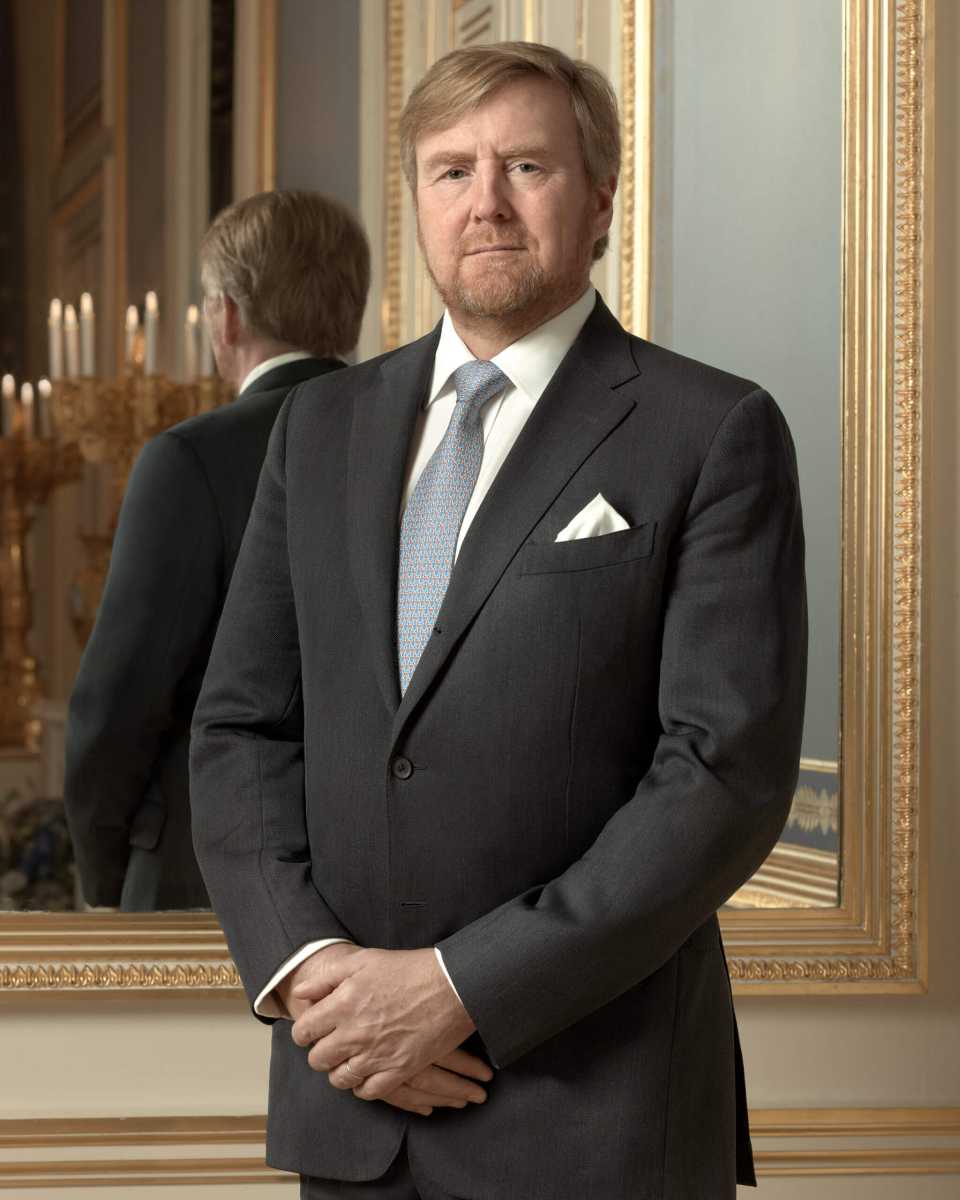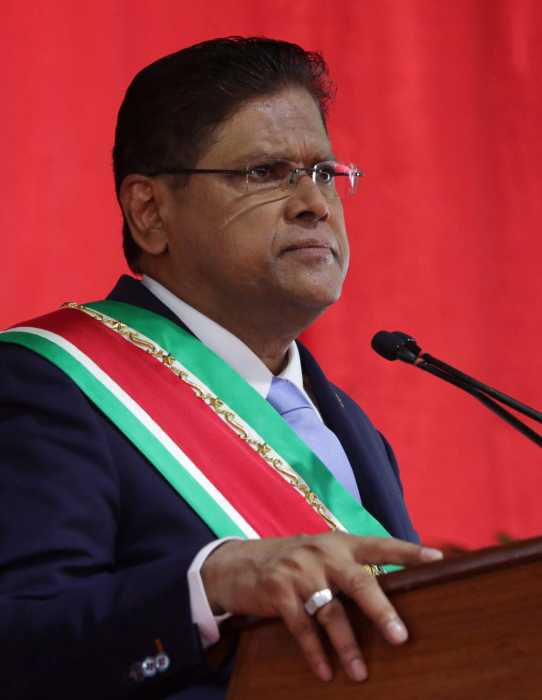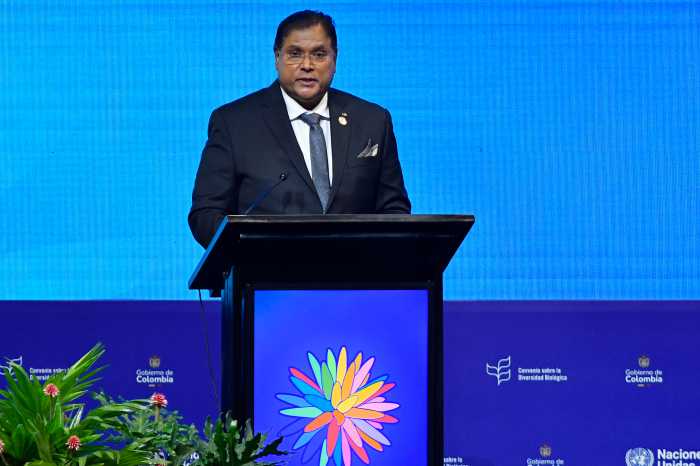Late last year, the Dutch government sought to atone for that country’s role in the brutal trans Atlantic slave trade by offering an apology to today’s descendants of slavery. In the apology, Prime Minister Mark Rutte had said he was also leaving the door open to further talks with the Caribbean on the way forward. He had said in his Dec. 19 statement at the Dutch national archives that the apology was not completed by a full stop, but rather a comma, indicating that nothing was final, or cast in proverbial stone.
His apology was fairly well received by regional governments and the umbrella, Barbados-based Caribbean Reparations Commission (CRC) even though the CRC had publicly labeled The Dutch as the cruelest former slave master and the one which had led the way and had opened the door for other European nations to join in the trade.
“The Dutch state was Europe’s pioneer of the global slavery enterprise. For most of the 17th century it monopolised the transatlantic slave trade and provided the finance and technology that enabled the English, French, Spanish and Portuguese to establish their own slave-based empires. As a result, Amsterdam became the financial centre of Europe and the leading supplier globally of capital for colonisation. The prime minister also did not bring to the table those who are the survivors of the crimes. The victim communities in the Caribbean and African are not stakeholders to this statement,” the commission had said as it had reacted to PM Rutte.
In his speech, Rutte had stated The Dutch state bears responsibility for the immense suffering of those who were enslaved, and their descendants. Today, on behalf of the Dutch government, I apologise for the past actions of the Dutch state.” The Dutch had “enabled, encouraged and profited from slavery,” he said to a reaction mix of global admiration and condemnation for being too late and offering too little in terms of monetary compensation.

As the Caribbean Reparations Commission and regional governments prepare for future engagements with The Hague, Dutch media are reporting this week that Dutch King Willem-Alexander will give a speech in The Netherlands on July,1 to mark 250 years since slavery was formally abolished by Netherlands in the Caribbean Community nation of Suriname and its string of still colonized nations in the Caribbean. These include St. Maarten, Curacao, Bonaire, Saba and St. Eustatius.
The Netherland Times says the king will double down on PM Rutte’s initial apology back in December that was decently received by Caribbean governments and the reparations commission. Preparations are underway. The king’s office had since last year been giving signals that he had wanted to make a separate apology from the executive. Confirmation of the plans are to be announced shortly, reports say.
Several diasporic Dutch and Surinamese groups had moved to the courts to force Rutte to apologize on July, 1 instead of late December, saying that former date holds no historic significance compared to July when slavery was initially abolished though it took a further 10 years for formalities to be implemented ending the horror.
“Apologies must take place on 1 July so that we can work towards it. It is not clear at the moment that we know exactly what the apologies are for,” attorney Joancy Breeveld had told journalists last year. “We feel called to stand up for our descendants.”
As the region awaits the king’s apology, research and other work are continuing on the case the region is building up either as the basis of an international court case to win reparations or to engage European heads of governments on the issue. Governments have already hired an English law which had won millions for Kenyan tribesmen who were mass murdered by British soldiers in the colonial era to review their case and to prepare to fight for the region, Demand letters have also been sent to France, England, The Dutch, Portugal, Spain and other nations which had participated in the slave trade. Authorities have said that regional requests for a formal summit on the issue have been met with largely negative reactions especially from the French, the Portuguese and the British to a lesser extent.
But the fight to push for monetary and other forms of compensation have received a boost in recent months with several Dutch cities and institutions including commercial banks apologizing for their role during the colonial era. Several British families with links to the trade have also joined the movement and have signaled they are prepared to make some form of payments to the movement.

























